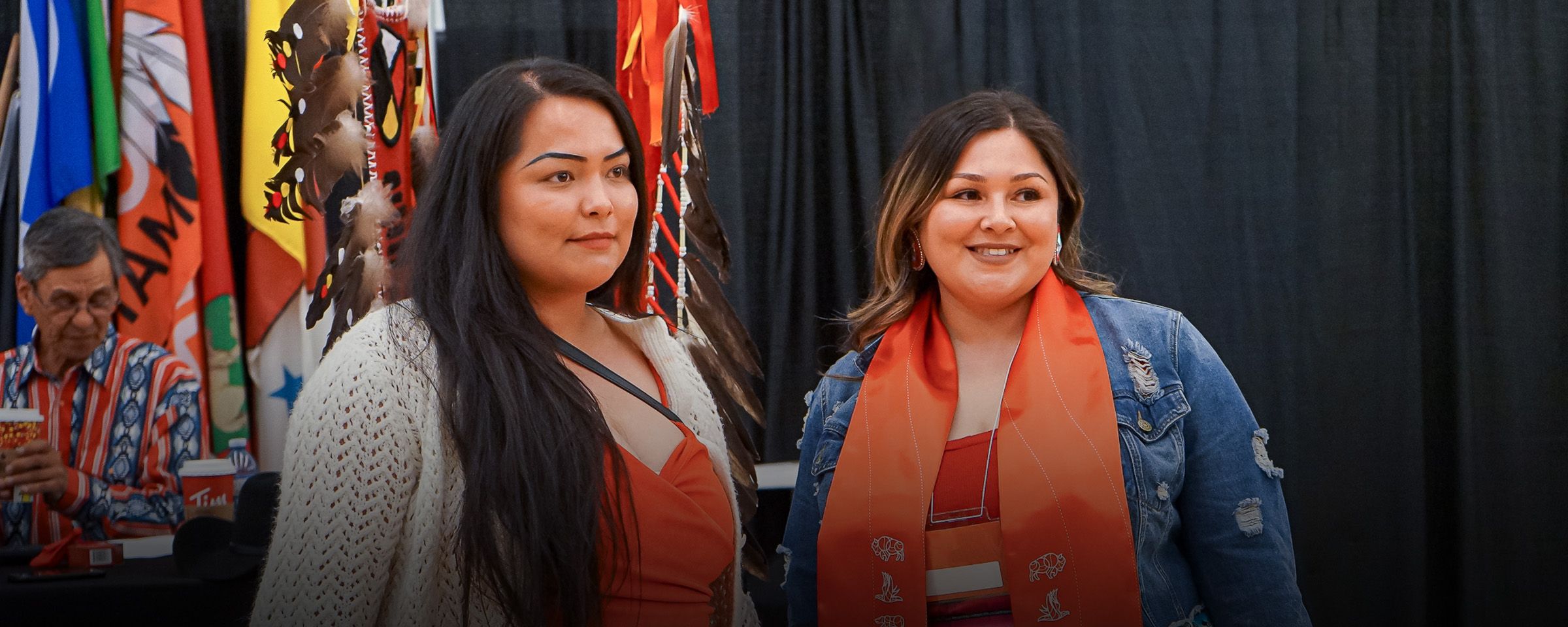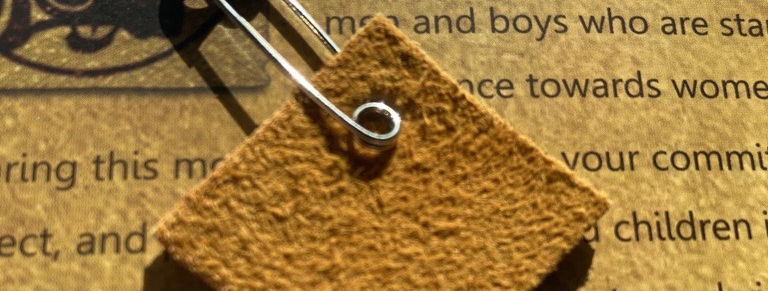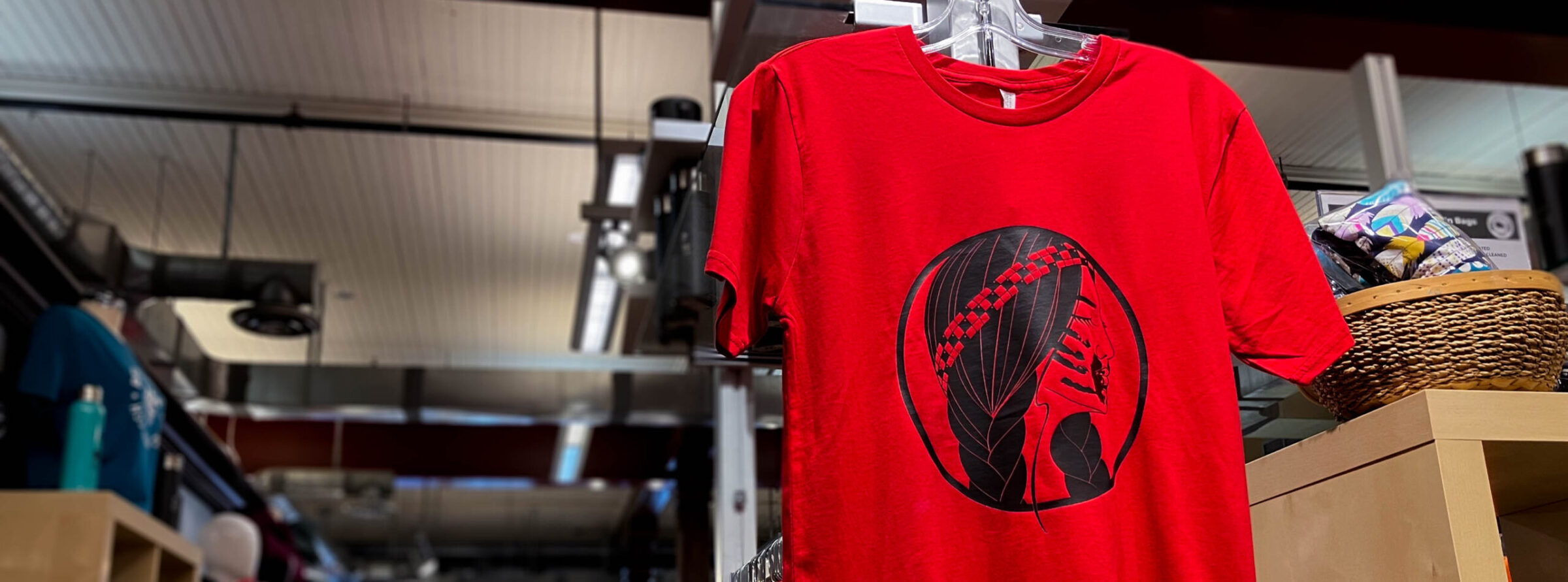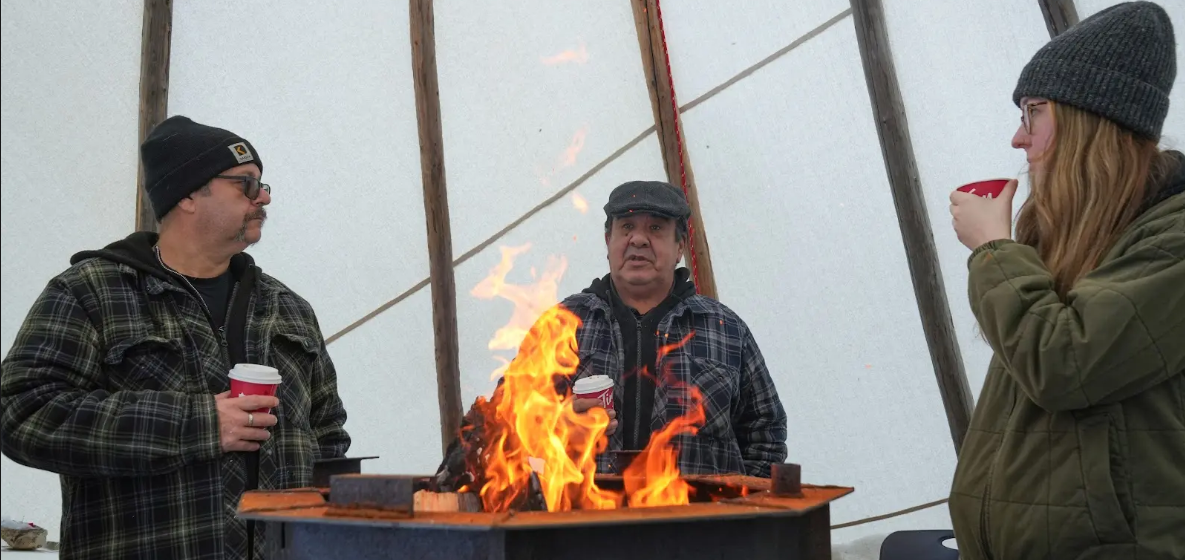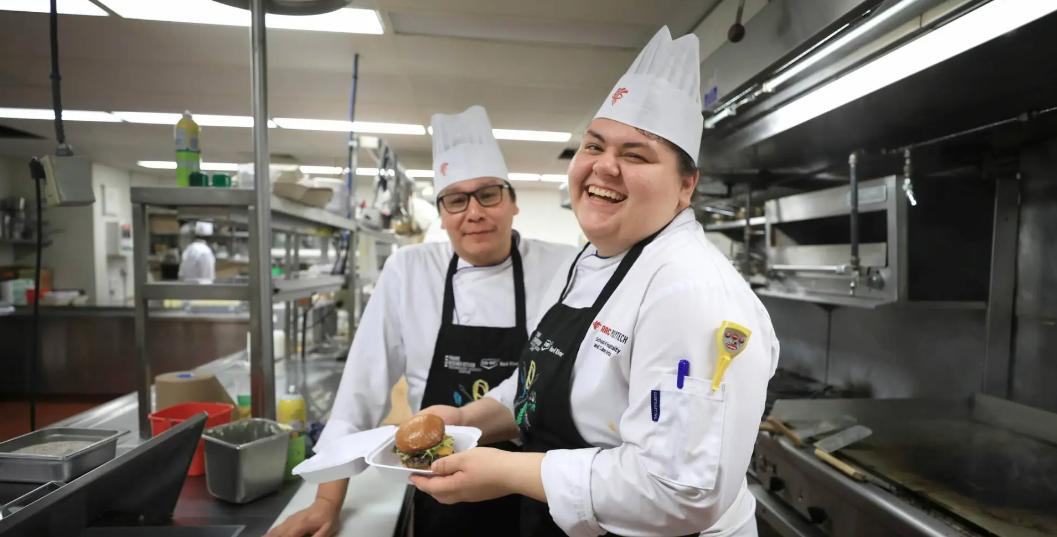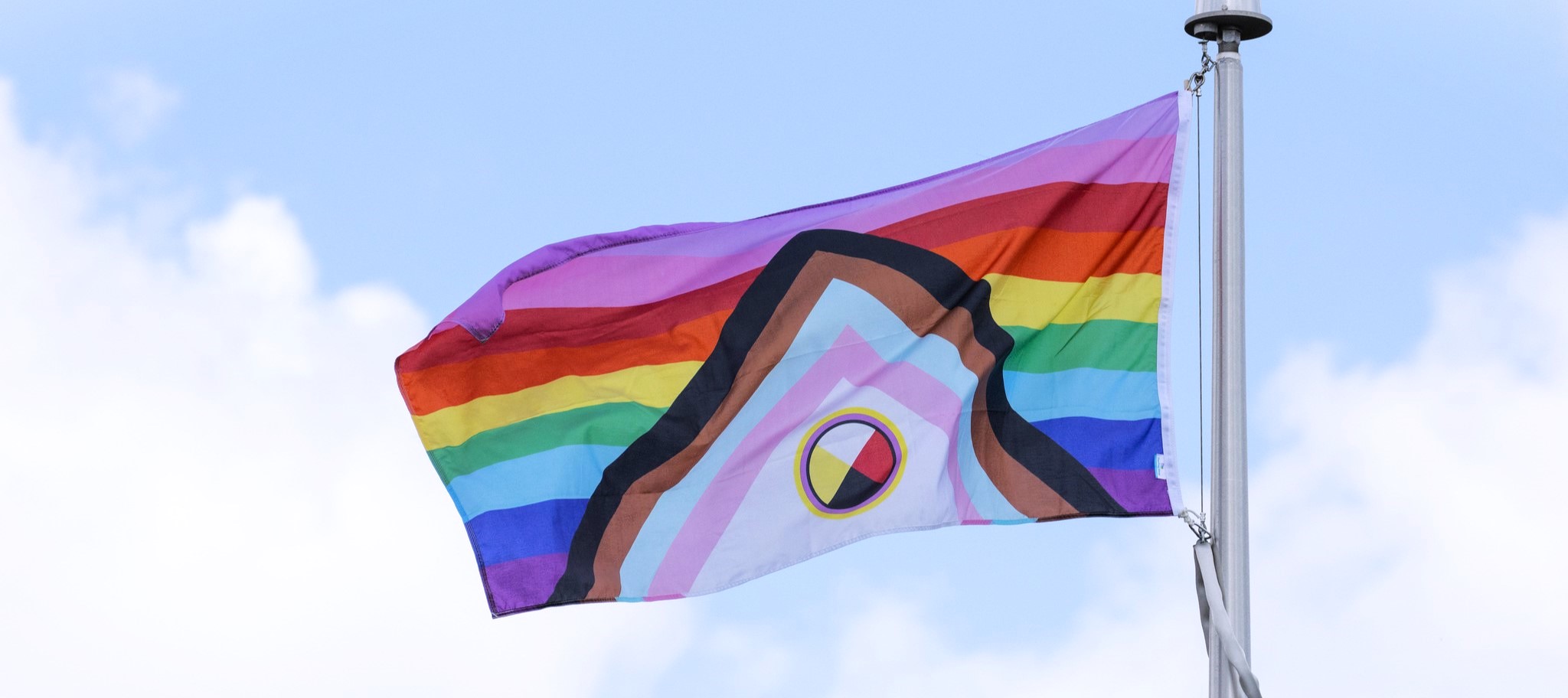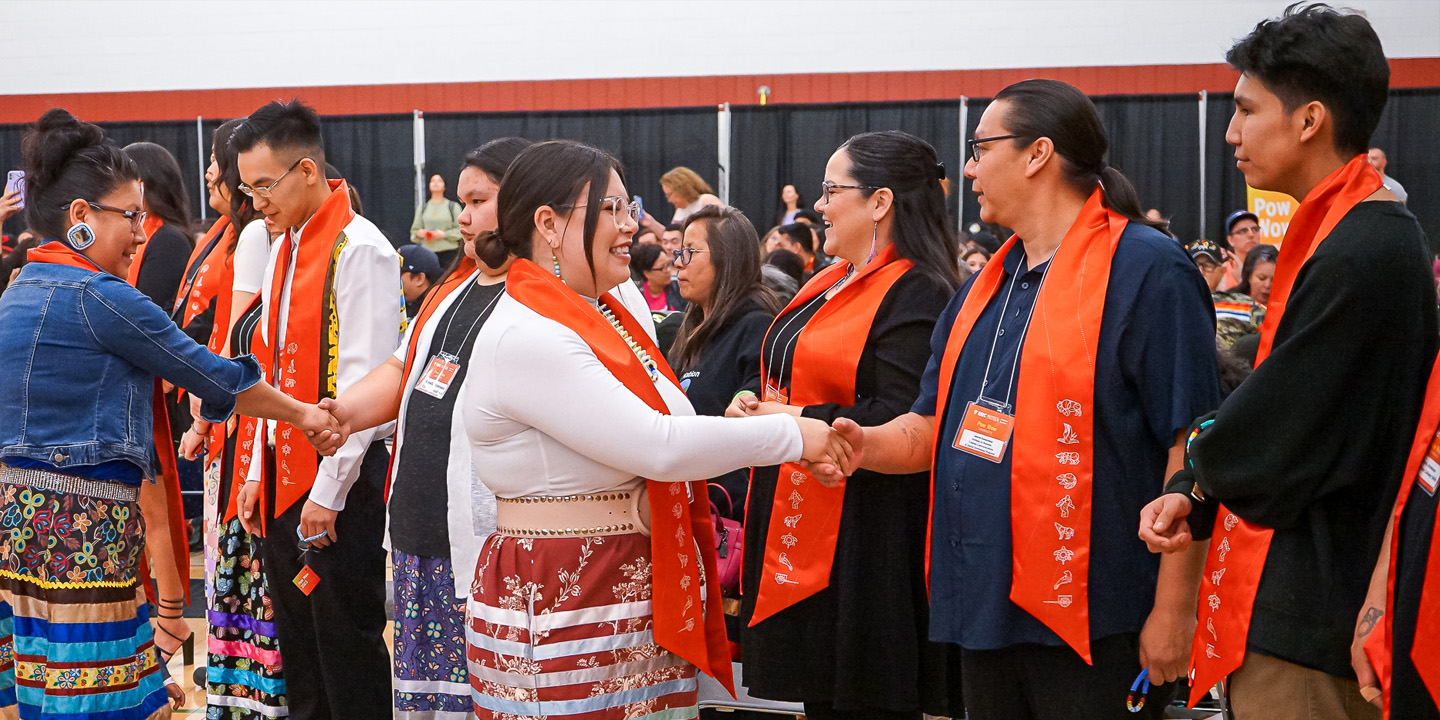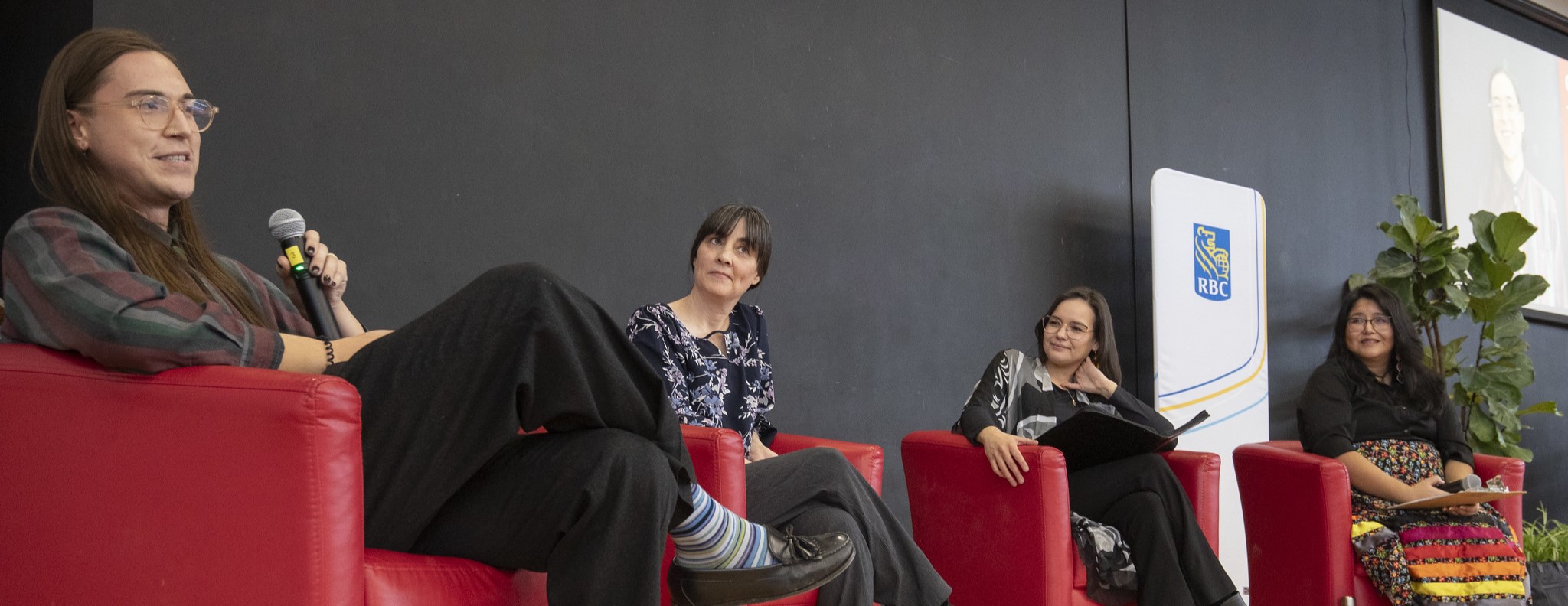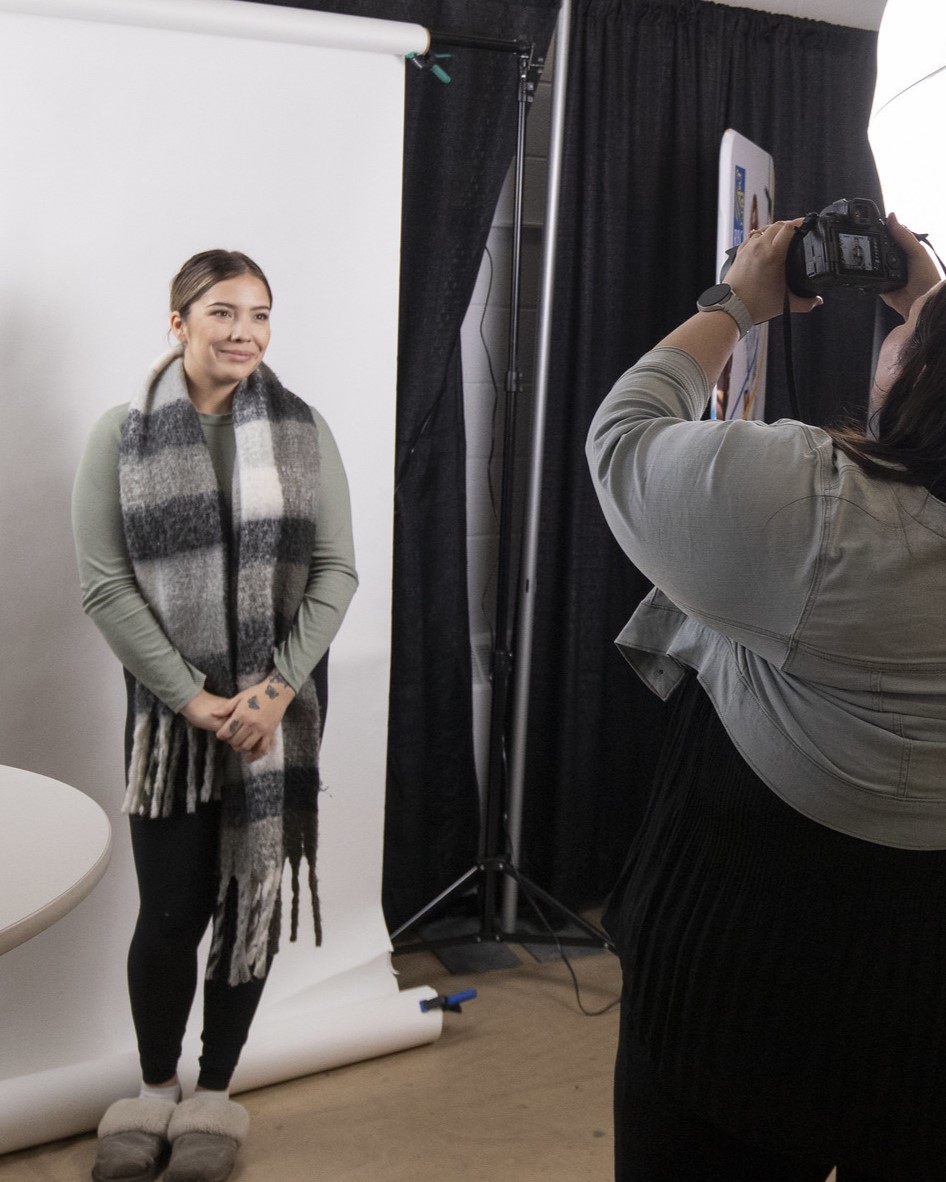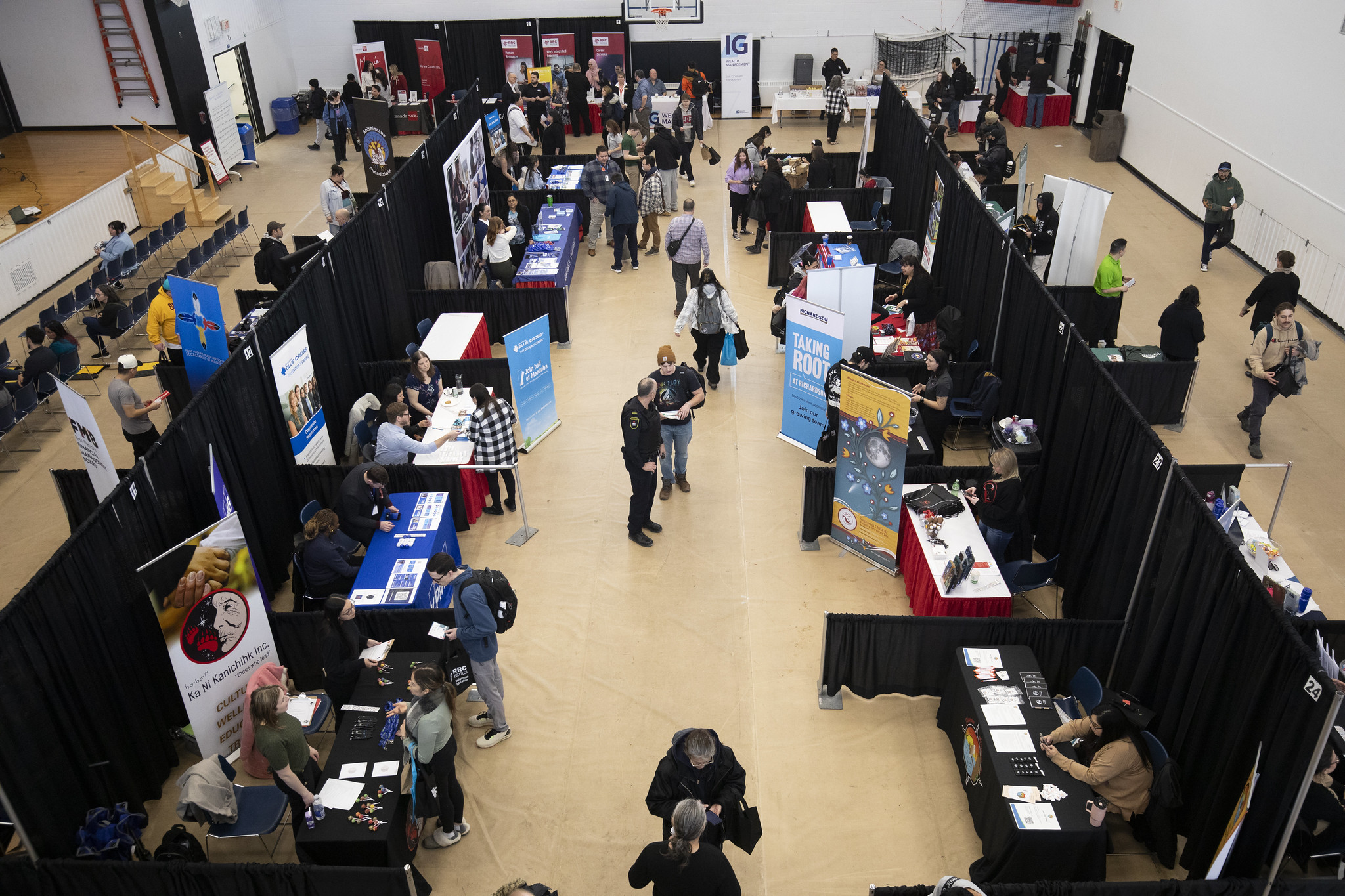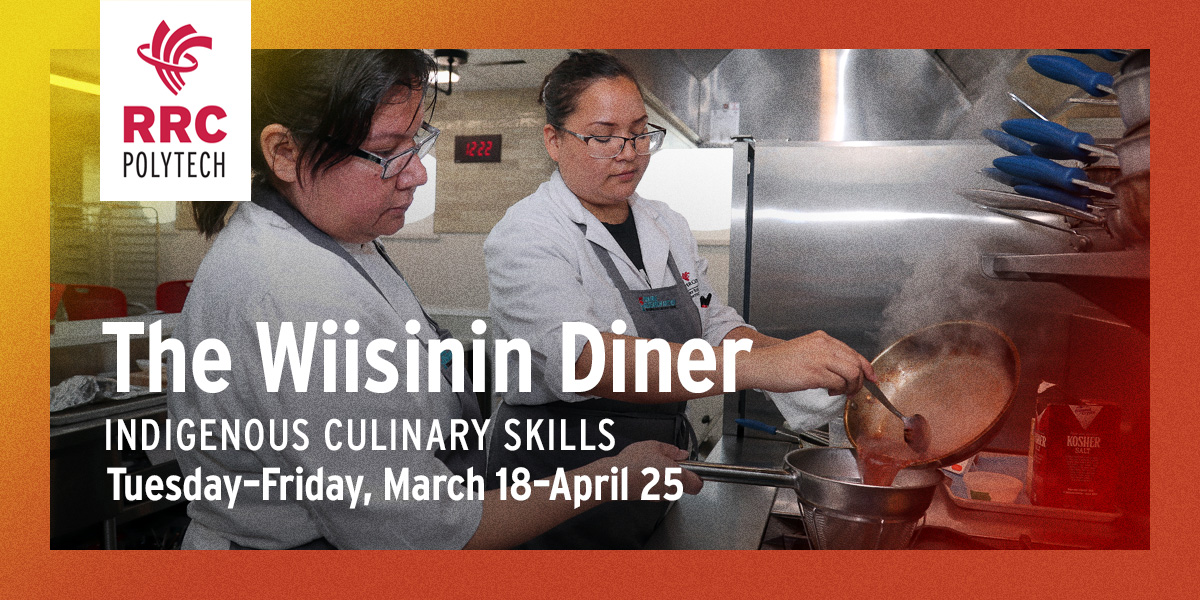Join the Moose Hide Campaign Winnipeg Walk to End Violence – Thursday, May 15, 2025
Please join Terri-Lynn Anderson, Truth and Reconciliation Coordinator, for the Moose Hide Campaign Winnipeg Walk to End Violence.
Terri-Lynn will be at the Canadian Museum for Human Rights (CMHR) by 11:30 AM, and staff, faculty, and students are welcome to meet there before the walk begins.
If you have any questions or would like to meet at the CMHR, feel free to reach out to Terri-Lynn at tlanderson@rrc.ca.
Event Details:
- Date: Thursday, May 15, 2025
- Time: 12:00 PM – 3:30 PM (Meet-up at 11:30 AM)
- Start Location: Canadian Museum for Human Rights
- End Point: Manitoba Legislative Building
- Rain or Shine
Please wear your Moose Hide pin if you have one. Terri-Lynn will have extras available or you can arrange to pick one up before the walk.
Let’s walk together in solidarity to stand up against violence and help create a safer, more respectful world.
